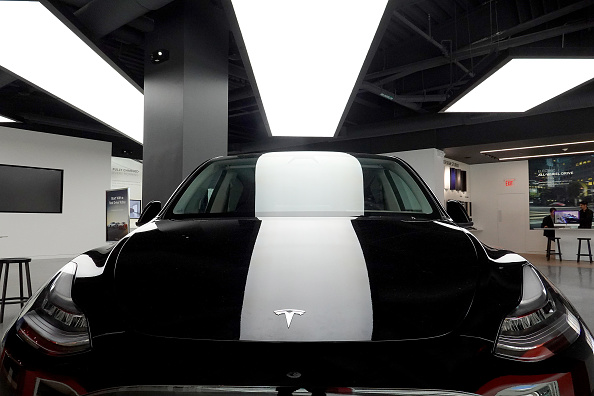Explainer: Is there an electric car price war?

Did Tesla start a price war on electric cars? Elon Musk reassured us that no, they didn’t. But executives at Renault might see things in a different light, after they too had to start considering lowering the price of their electric cars in the aftermath of Tesla’s cuts.
The chief executive of Renault, Fabrice Cambolive, had to admit yesterday that the company will need to look again at the pricing of its electric cars on a country-by-country basis, after it initially refused to lower prices.
Renault won’t be alone, with Ford having to slash prices only weeks after the first Tesla announcement. The latter initially cut prices in the US, and then followed suit in Europe, including in France, Renault’s home.
Renault can’t afford to come last in the game. Its sales fell by 9.4 per cent last year, repeating a downward trend that started four years ago. Remaining competitive is a priority, and the carmaker is betting on its electric cars division to boost profits.
Renault has already moderately discounted its Megane model, leading to a jump in sales last month.
Everyone expected electric cars prices to fall at some point – and for many, this is a must-have condition if we want the broader public to make the switch to more sustainable driving. But an all-out EV war might have distortive effects on the market that Musk will unlikely be able to predict.
Lower prices opening up the electric cars market to more people are obviously a welcome development, but they won’t be enough on their own. With electric cars, it’s not only a matter of buying them; it’s a matter of maintaining them and using them. In the UK, there are multiple and well-reported problems with the infrastructure enabling people to do so.
Greater London has nearly 13,000 EV charging stations, but the situation looks very different in the South East where there are only 5155 of them, according to numbers from Zap-Map. There are 2,009 charging points in the East Midlands, and 2486 in the North West.
It’s the usual chicken and egg question: should we invest in the infrastructure in the hope it drives demand, or should we put the infrastructure where demand is already? In many communities outside of London, people are still quite sceptical about electric cars.
Perhaps knowing not only that they’re getting cheaper, but that there’s a charging point round the corner from their house, would nudge them to make that unfathomable switch.